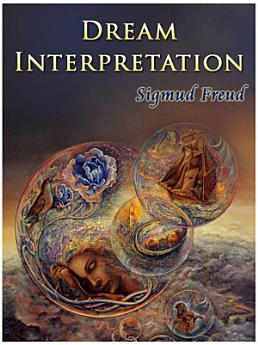關於本電子書
Dreams embody the involuntary occurrences within the mind throughout various the stages of sleep. Throughout the early part of the twentieth century, psychologist Sigmund Freud made incredible advances in the study and analysis of dreams. Freud's (1900) "Dream Interpretation" showed an evolutionary biological perspective to infer that these nightly visions are a product of one's individual psyche. (Excerpt from Wikipedia)
關於作者
Sigmund Freud, born on May 6, 1856, in Freiberg, Moravia (now Příbor, Czech Republic), was a pioneering figure whose work transcended the boundaries of medicine, psychology, and literature. As the father of psychoanalysis, Freud introduced revolutionary concepts such as the unconscious mind, repression, and the significance of dreams, fundamentally altering our understanding of human behavior.Freud's early life was marked by intellectual rigor and a fascination with the human psyche. He studied medicine at the University of Vienna, where he later established a private practice specializing in neurological disorders. His groundbreaking theories emerged from meticulous case studies and self-analysis, leading to the development of psychoanalytic techniques like free association and transference.Freud's ideas were not without controversy. His theories on infantile sexuality, the Oedipus complex, and the role of libido in human development sparked intense debate and criticism. Despite this, his work profoundly influenced contemporary writers, artists, and thinkers, including Thomas Mann, Salvador Dalí, and Virginia Woolf, who found inspiration in his exploration of the human condition.Freud's legacy extends beyond psychology into the realms of literature and culture, where his concepts continue to provoke thought and inspire new generations. He passed away on September 23, 1939, in London, leaving behind a body of work that remains a cornerstone of modern thought. His life and ideas invite us to delve deeper into the mysteries of the mind, challenging us to confront the hidden forces that shape our existence.
為這本電子書評分
歡迎提供意見。
閱讀資訊
智慧型手機與平板電腦
筆記型電腦和電腦
你可以使用電腦的網路瀏覽器聆聽你在 Google Play 購買的有聲書。
電子書閱讀器與其他裝置
如要在 Kobo 電子閱讀器這類電子書裝置上閱覽書籍,必須將檔案下載並傳輸到該裝置上。請按照說明中心的詳細操作說明,將檔案傳輸到支援的電子閱讀器上。







